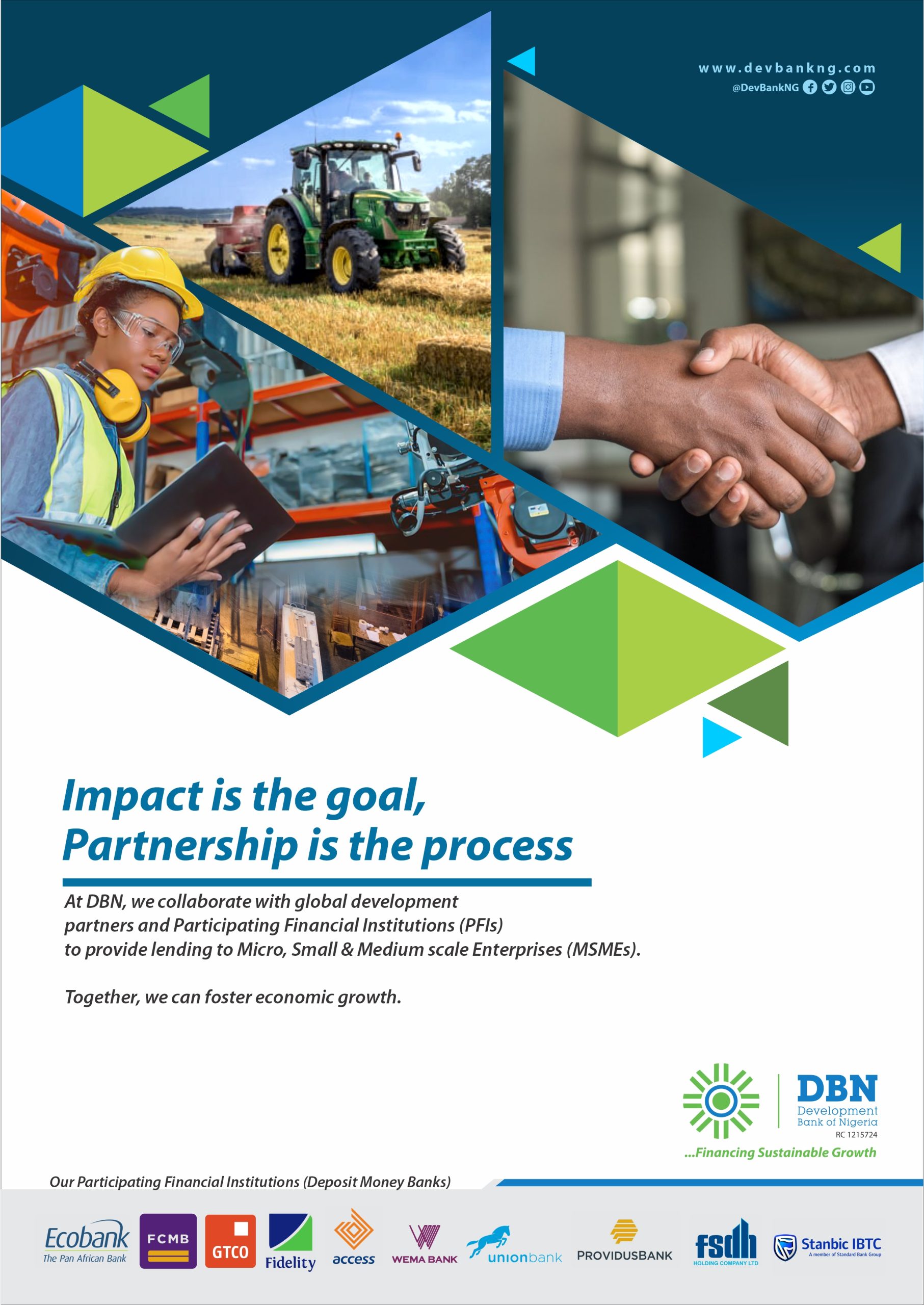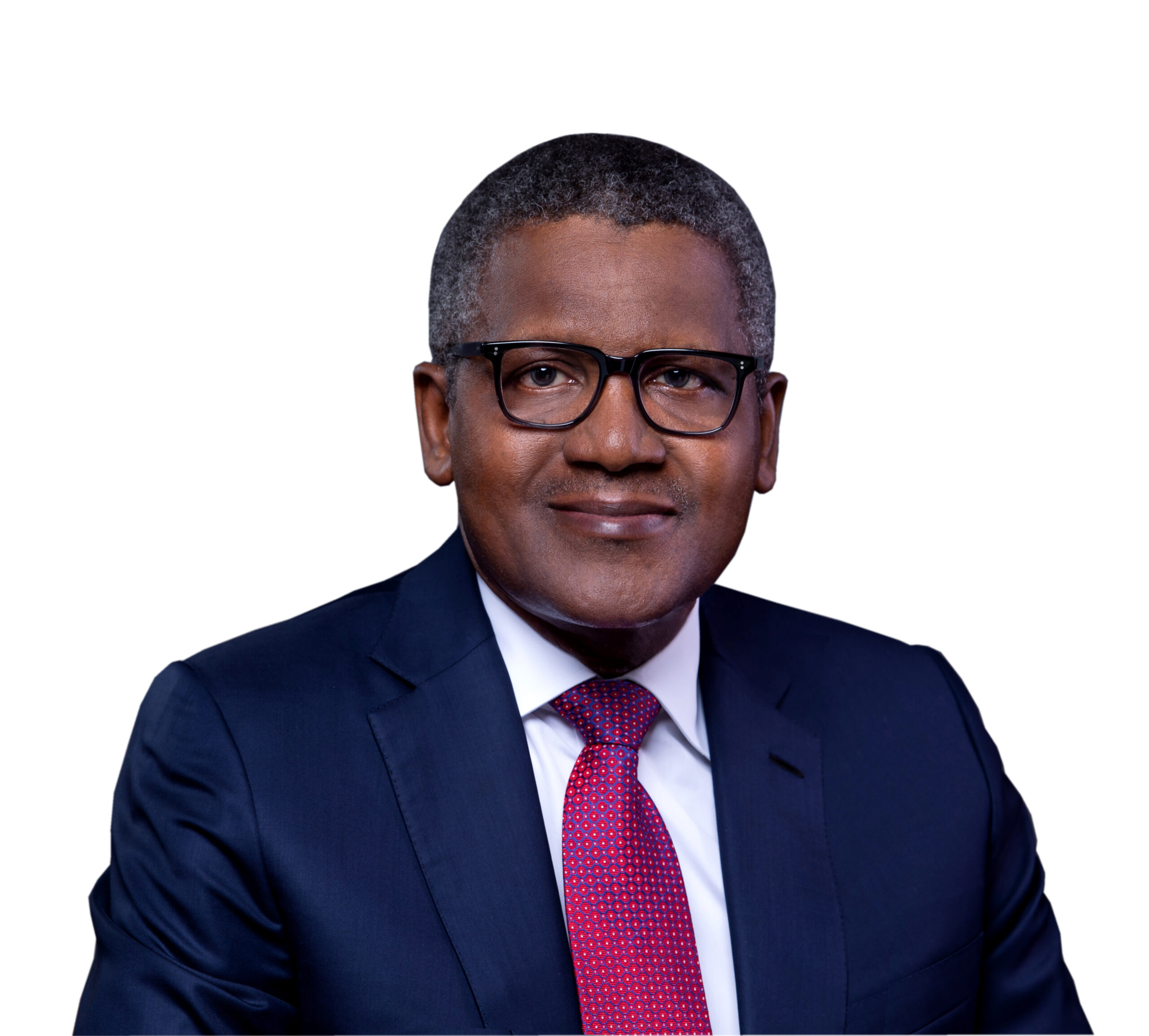Dangote’s Fortune Skyrockets to $23.9bn, Cementing His Place Among World’s Elite
By Patience Ikpeme
Dangote’s Fortune Skyrockets to $23.9bn, Cementing His Place Among World’s Elite
Aliko Dangote, Africa’s foremost industrialist, has witnessed a phenomenal surge in his wealth, nearly doubling to a staggering $23.9 billion, according to Forbes’ latest rankings.
This remarkable increase propels him to 86th position on the global rich list, a significant leap from his 144th ranking in 2024, where his net worth was estimated at $13.4 billion.

Dangote’s meteoric rise is primarily attributed to his commanding 92.3% stake in the Dangote Petroleum Refinery & Petrochemicals, a game-changing project that has reshaped Nigeria’s energy landscape and reverberated across global markets.

This resurgence places the 67-year-old Dangote back among the world’s top 100 wealthiest individuals, a position he last held in 2018, as per Forbes’ Real-Time Billionaires List.
His substantial fortune dwarfs that of other prominent African businessmen. South African Johann Rupert, ranked 161st globally, trails significantly with an estimated wealth of $14.4 billion. Within Nigeria, Dangote’s closest rival, Mike Adenuga, sits far behind at 481st globally with a net worth of $6.8 billion.
The Dangote Refinery, a monumental $23 billion investment spanning 11 years, has disrupted the traditional oil monopoly in Nigeria. Situated on a sprawling 6,200-acre site in the Lekki Free Zone, the refinery, upon reaching full operational capacity, will process an astounding 650,000 barrels per day (b/d).
This will solidify its position as the seventh-largest refinery worldwide and the largest on the African continent. Complementing this colossal project is an adjacent petrochemical complex boasting an annual urea production capacity of 3 million metric tons, making it Africa’s largest fertilizer producer.
The refinery’s impact on global energy dynamics is already palpable. Energy intelligence firm Vortexa reports that Nigeria’s petroleum imports are poised to reach an eight-year low, impacting European refiners who have historically supplied the nation. Furthermore, S&P Global indicates that Nigeria has transitioned into a net exporter of jet fuel, naphtha (a crucial solvent used in various industries), and fuel oil.
Dangote envisions the refinery as a cornerstone of his broader ambition to transform Nigeria, a major crude oil producer, into a leading refiner of petroleum products. This strategic shift aims to enable Nigeria to compete effectively with European refineries and ensure a stable supply of gasoline for domestic consumption.
In an interview with Forbes, Dangote articulated his vision: “I want to provide a blueprint for industrialisation across Africa. We have to build our nation by ourselves. We have to build our continent by ourselves, not [rely on] foreign investment.”
He lamented Africa’s historical role as “a mere dumping ground for finished products,” emphasizing that his refinery represents “a pivotal step in ensuring that Africa can refine its own crude oil, thereby creating wealth and prosperity for its vast population.”
Dangote acknowledged the immense risk associated with the project, stating, “It was the biggest risk of my life. If this didn’t work, I was dead.” His unwavering commitment and perseverance, however, have clearly paid off.
Dangote’s transformative impact has earned him widespread admiration. Zainab Usman, director of the Africa Programme at the Carnegie Endowment for International Peace, told Forbes that Dangote is viewed as a “hero” and a “real industrialist” in Nigeria.
Chika Ezeanya, a professor of African studies at Soka University of America, echoed this sentiment, highlighting Dangote’s focus on meeting the needs of African consumers. “I think he’s believed staunchly in the fact that Nigerians need products that he has to offer,” Ezeanya said, adding, “Governments can come and go, policies can be changed, but the needs of the Nigerian consumer will only grow and expand.”





